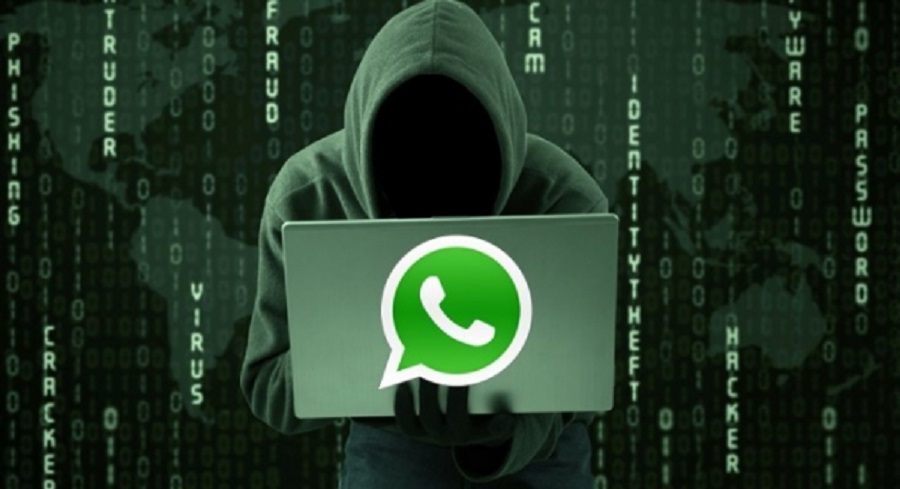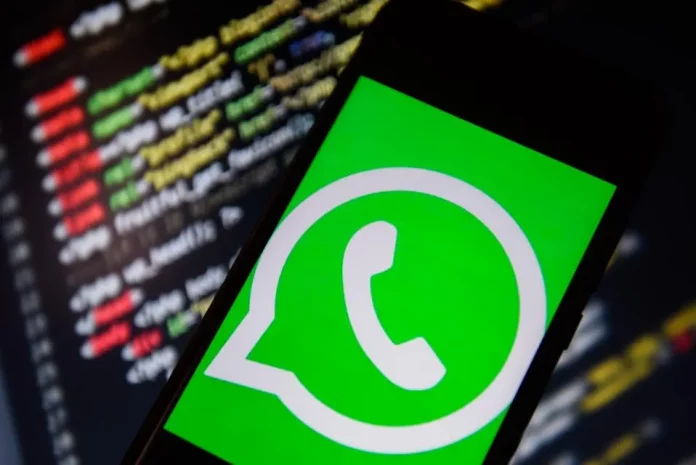With the advent of digital platforms like WhatsApp, contact with friends, family, and coworkers has become a daily need. This ease does, however, come with a risk. Pakistan’s Federal Investigation Agency (FIA) has lately issued a warning over a notable increase in WhatsApp hacking cases, with a focus on accounts belonging to women. Today, we’ll analyze the FIA’s recommendation, investigate the techniques employed by cybercriminals, and provide advice on how to defend oneself against such dangers.
The Rising Threat Of WhatsApp Hackers

The majority of WhatsApp hacking cases in Pakistan, according to the FIA, target the accounts of women. The agency has been flooded with complaints from people who have been deceived by phishing schemes and had their personal information such as; passwords, addresses, and crucial phone numbers taken right from beneath their noses. According to reports, the FIA had this to say:
The hackers are using phishing to gain access to accounts. Avoid opening messages or photos, videos or files sent from unknown numbers
According to the Federal Insurance Agency, phishing assaults are the main way that hackers obtain access to WhatsApp accounts. Hackers send fraudulent emails or messages that seem to be from reliable sources, such as WhatsApp or other well-known social media sites, to launch these assaults.The messages frequently include attachments or links that, when opened or clicked, infect the victim’s device with malware or viruses, giving hackers access to their account.
How The Attack Works
Phishing attacks aim to deceive targets into disclosing private information, including bank account details or login credentials. Hackers employ a number of strategies to make their messages seem authentic.

They create fake messages or emails that appear to be from a legitimate source, such as WhatsApp or a bank. Hackers also actively try to instill a feeling of urgency. They might say your account has already been hacked or that you need to act immediately to prevent further damage. These psychological tricks are a deliberate attempt to blackmail and deceive you into giving up private information like bank account details or passwords.
How To Avoid Your WhatsApp Being Hacked
Here are a couple of safety measures you can follow to shield your WhatsApp account from phishing scams and hacking incidents:
- Be mindful of suspicious messages: Be careful of messages coming from unidentified sources or that include suspicious attachments or links.
- Check if the messages are genuine: Always get in touch with the sender personally. Look through their profile to confirm the legitimacy of their communications.
- Use secure passwords: For your WhatsApp and other accounts, use strong, one-of-a-kind passwords.
- Turn on two-factor authentification: To increase security, enable two-factor authentication (2FA) on your WhatsApp account.
The FIA’s advice is an essential reminder of the value of cybersecurity as we negotiate the complexity of online communication. To effectively counter these hooligans, it is essential to maintain awareness, and implement proactive measures. By adhering to these guidelines and staying informed about emerging threats, individuals can safeguard their accounts against phishing attacks and hacking incidents. Stay informed, stay safe, and stay vigilant!
Stay tuned for more tech news like these; this is your favorite friendly neighborhood techie Zayaan, Signing Off!









































